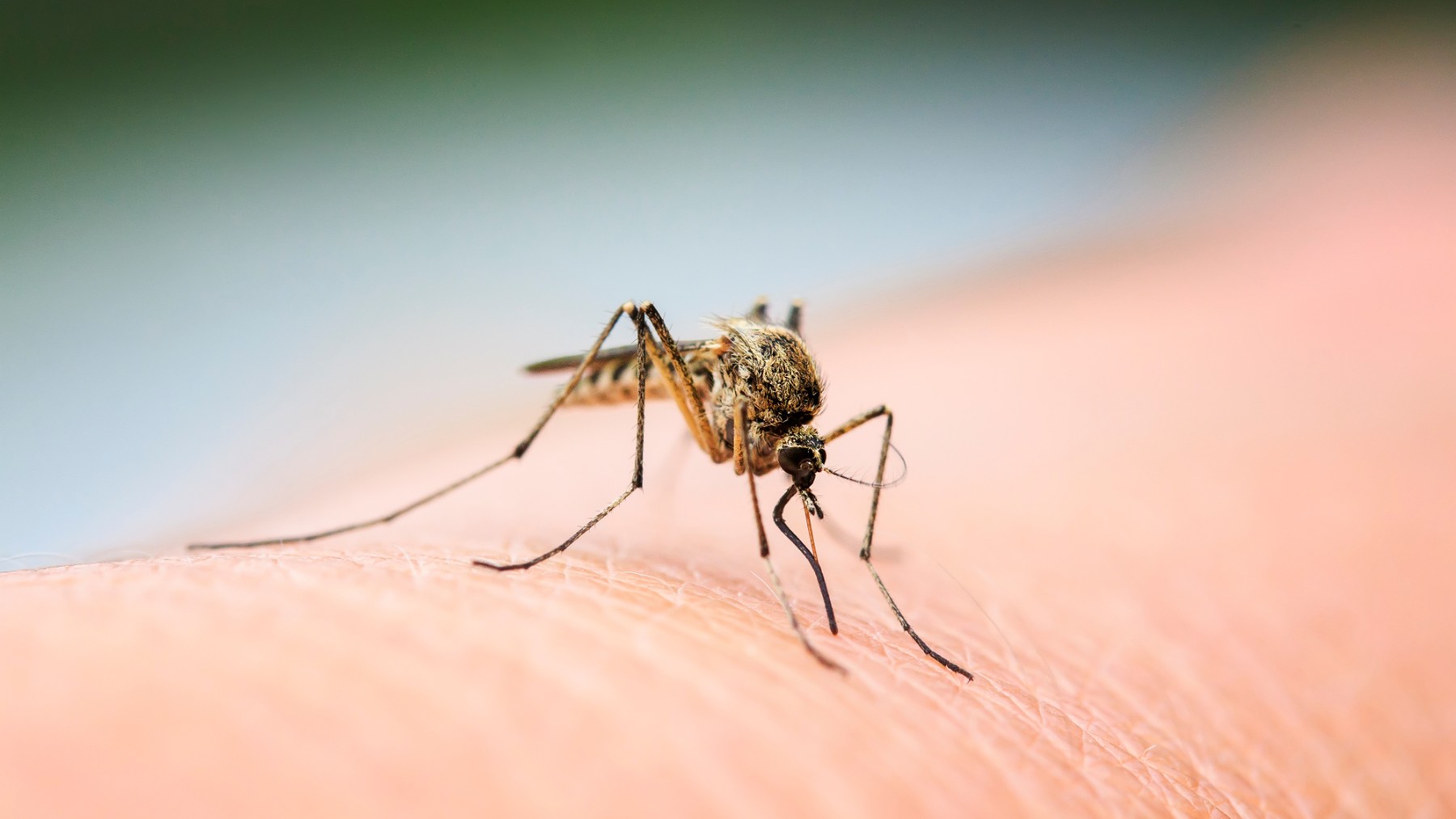t is a long course of work or studies, an ideal time for a getaway to the beach or the mountains and the deep-rooted tradition, especially in more rural environments, of going out to take the fresh air. But with it also comes a well-known enemy in this summer season: mosquitoes.
Because there are many who seem to have a special relationship with them, as they come to them repeatedly during the night. “I’ll have sweet blood”, is one of the most repeated comments to try to explain this fixation with some people. A scientific study published in the journal Nature revealed that another reason may lie in the colors of clothing.
Thus, they would be attracted to certain colors while others would be ignored. If confirmed, it could be used to design new traps or repellents against them, whose presence is annoying and leaves our skin full of marks from their bites. Not only that, but they can also transmit diseases such as malaria, dengue or Zika. Below, the University of Washington has conducted research to prevent and understand the behavior of these insects.
Attracted to carbon dioxide
Advancing our understanding of why mosquitoes are attracted to a certain color, odor or other similar characteristic may help us to develop new protective measures in the future. A previous study found that mosquitoes are attracted to the smell of carbon dioxide in our breath. And in this study, researchers at the University of Washington studied how that odor prepares them to forage for food.
To do this, they conducted their experiments with female Aedes aegypti mosquitoes by monitoring their responses to visual and olfactory cues. The test consisted of seeing how they responded to different colors, with or without a CO2 spray. They found that they would fly to a spot if it was red, orange, black or cyan if they had first smelled the carbon dioxide.
Without the gas, the insects generally ignored the dots, regardless of their color. However, they ignored green, blue, white or purple dots, even though they were ‘primed’ to feed after a CO2 spray. “Mosquitoes seem to use odors to help them distinguish what is nearby, such as a victim to bite,” said Jeffrey Riffell, lead author of the study.
The biologist explained that, when they smell some compounds such as CO2, their eyes are stimulated “to look for specific colors and other visual patterns associated with a potential host, and they move toward them.”
Preference for red and orange colors
About these two shades, experts claim that it has to do with human skin: regardless of the tone and pigmentation, it emits a strong orange-red signal to mosquitoes. In these tests, too, the researchers used cards of various colors of human skin, or a bare hand. They found that the insects flew to them if they smelled the CO2 beforehand. They ignored it, however, if the hand wore a green glove.
In parallel, they also performed the same experiments with genetically modified mosquitoes. If the genes responsible for smelling CO2 or seeing long-wavelength colors had been edited, the insects did not respond to the stimuli presented, demonstrating the need for both senses to ‘detect’ food. The study also suggests that other animals may also have color preferences when feeding.
First genetically modified mosquitoes released in the United States
For the first time, genetically modified mosquitoes will be in circulation in the United States, through a project of the British company Oxitec to try to reduce the population of certain mosquitoes, the Aedes Aegypti, which transmit diseases such as malaria, Zika, yellow fever and dengue fever.
The mosquitoes released are all male, so they do not bite and only feed on nectar. They generate a lethal gene and when they mate with the females, they prevent the female offspring from reaching maturity, killing them when they are in the embryonic stage and thus eliminating any type of disease that may arise.









